Important Information On Using This Service
- Ergsy carefully checks the information in the videos we provide here.
- Videos shown by YouTube after a video has completed have NOT been reviewed by ERGSY.
- To view, click the arrow in the center of the video.
Using Subtitles and Closed Captions
- Most of the videos you find here will have subtitles and/or closed captions available.
- You may need to turn these on and choose your preferred language.
Turn Captions On or Off
- Go to the video you'd like to watch.
- If closed captions (CC) are available, settings will be visible on the bottom right of the video player.
- To turn on captions, click settings.
- To turn off captions, click settings again.
Find A Professional
More Items From Ergsy search
-
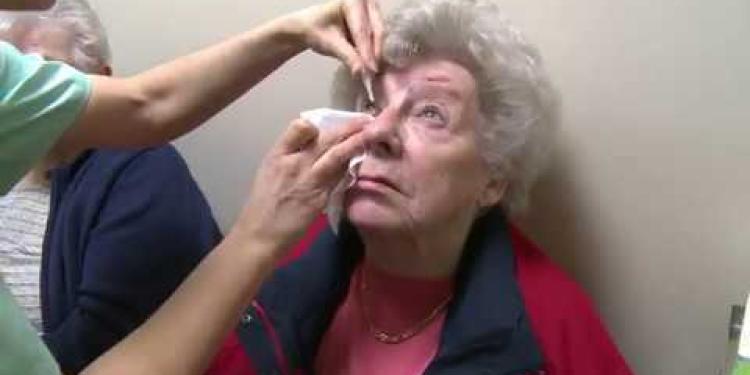
Eye Injections at Royal Bournemouth Hospital
Relevance: 100%
-
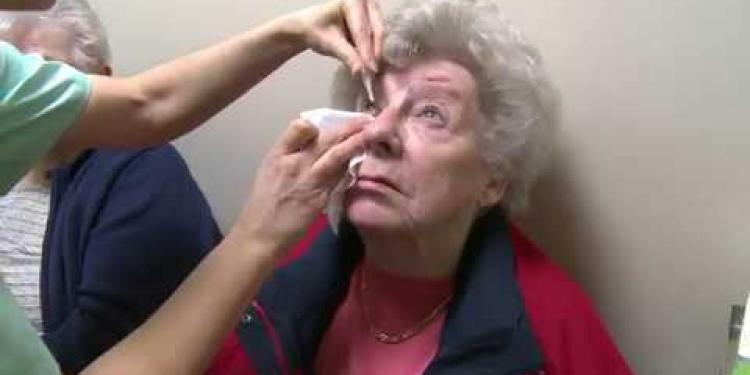
Eye Injections at Royal Bournemouth Hospital
Relevance: 100%
-
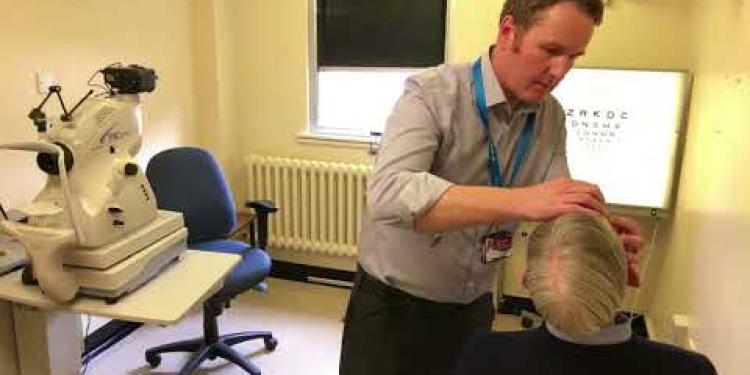
Derbyshire Diabetic Eye Screening - Diabetic Eye Screening
Relevance: 80%
-
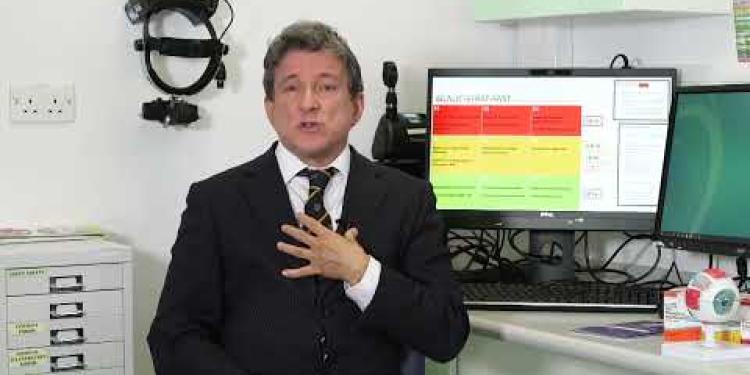
Glaucoma: general side effects of eye drops
Relevance: 78%
-

How to inject insulin
Relevance: 77%
-

West Midlands LEHN Animated Video on Eye Health
Relevance: 77%
-
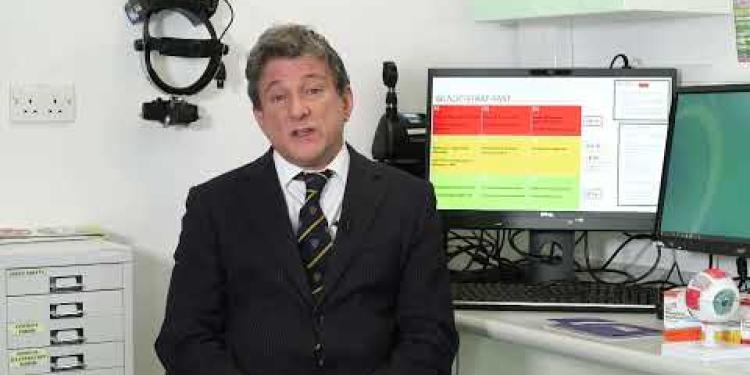
Glaucoma: how often should i take my eye drops?
Relevance: 62%
-
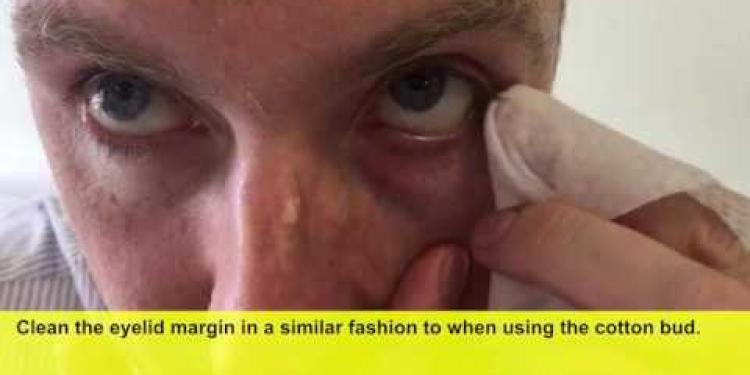
Lid hygiene
Relevance: 58%
-
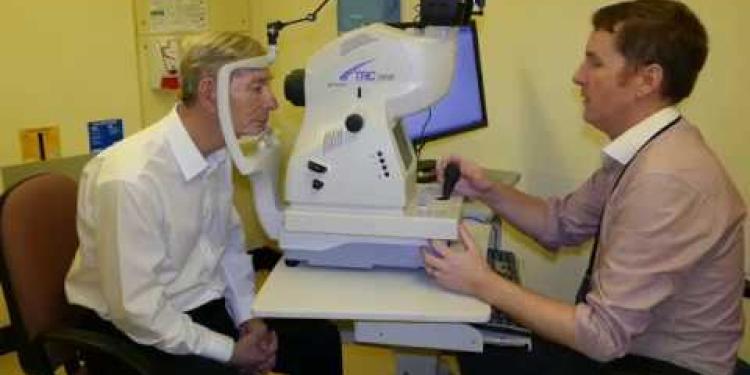
Derbyshire Diabetic Eye Screening - Your Screening Appointment
Relevance: 57%
-

Diabetes Eye Screening
Relevance: 56%
-
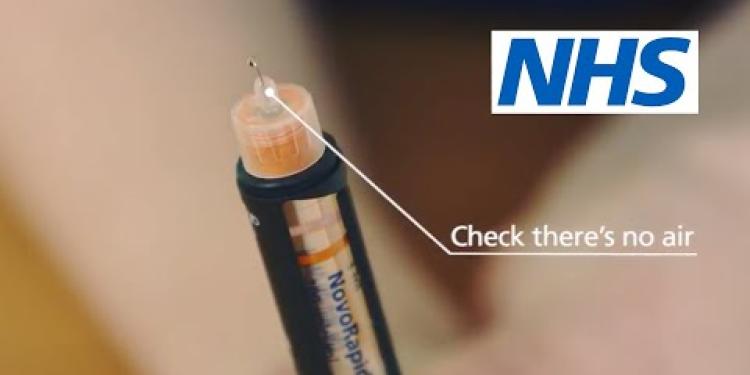
Diabetes: How to inject insulin | NHS
Relevance: 56%
-

Evidence-Based Interventions: injections for non-specific low back pain without sciatica
Relevance: 52%
-
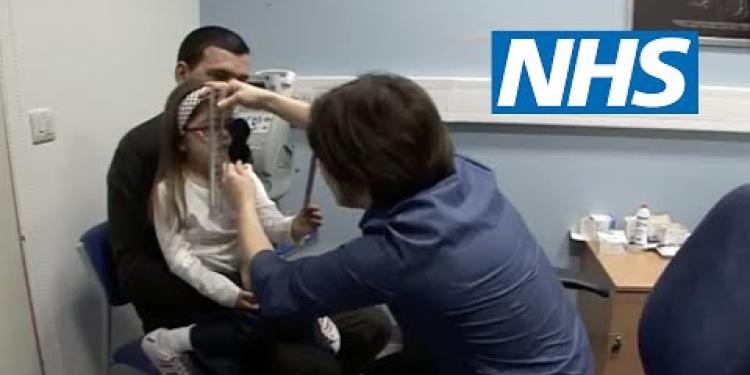
Childhood squint | NHS
Relevance: 52%
-

Self care - hay fever itchy eyes
Relevance: 50%
-
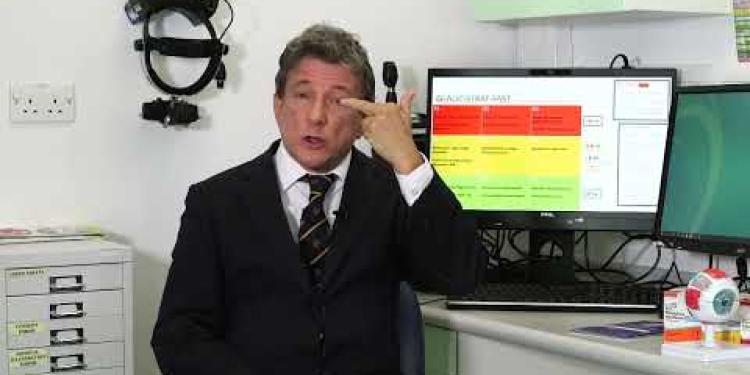
Glaucoma: symptoms in glaucoma
Relevance: 49%
-
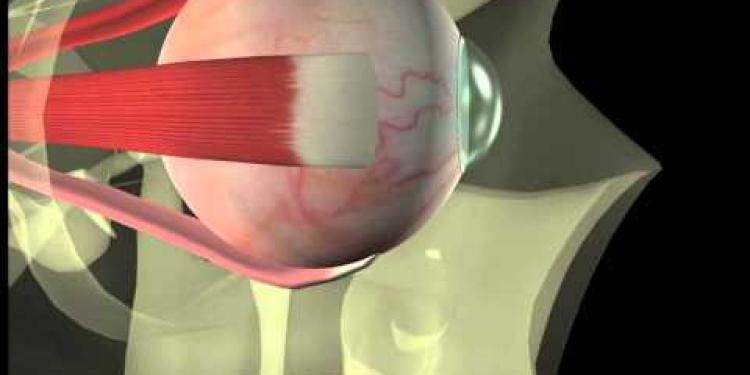
Thyroid eye disease. Squint surgery - The operation
Relevance: 45%
-

Think Pharmacy: Conjunctivitis
Relevance: 45%
-
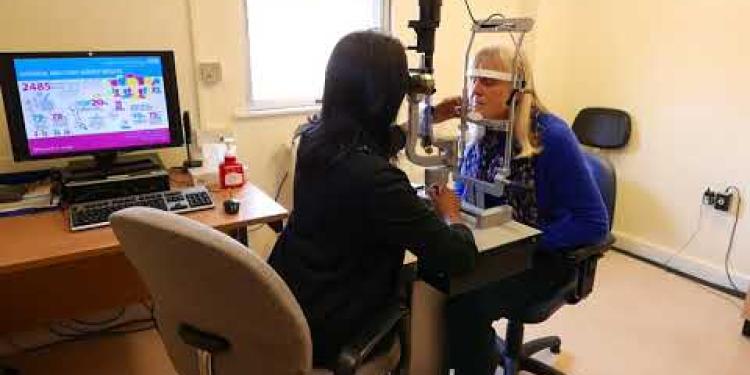
Derbyshire Diabetic Eye Screening - Assessment Clinic Appointment
Relevance: 38%
-

North Yorkshire Diabetic Eye Screening Programme - A day in the life
Relevance: 34%
-
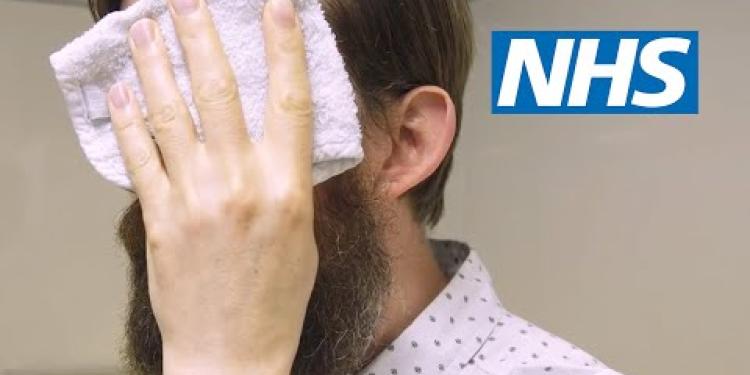
How to treat a stye | NHS
Relevance: 32%
-

What is Retinal Detachment (Detached Retina)? Causes, Symptoms, and Treatment Options
Relevance: 32%
-
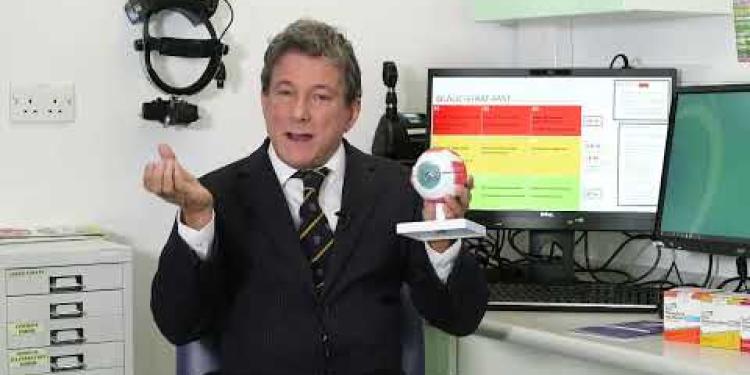
Glaucoma: what is glaucoma?
Relevance: 31%
-

I'm Short-sighted, What Is The Best Option For Me?
Relevance: 28%
-
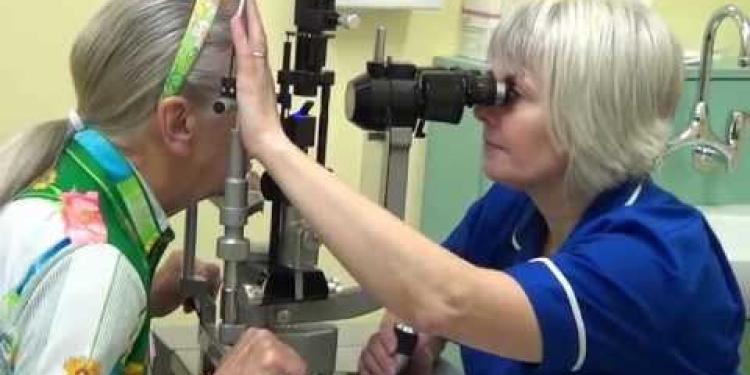
Your Cataract Operation
Relevance: 25%
-

What is Short-Sightedness?
Relevance: 23%
-
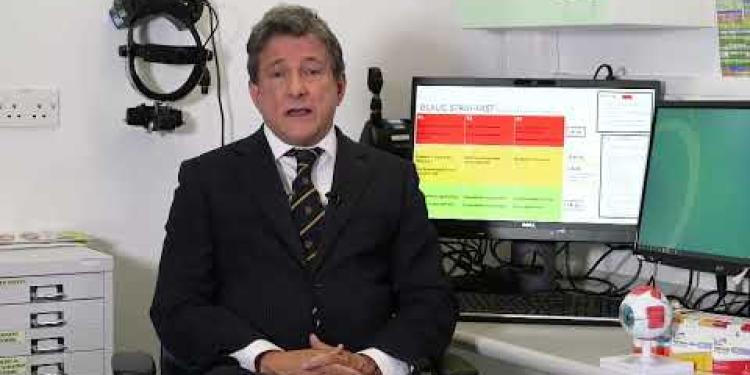
Glaucoma: how does it affect my ability to drive?
Relevance: 23%
-
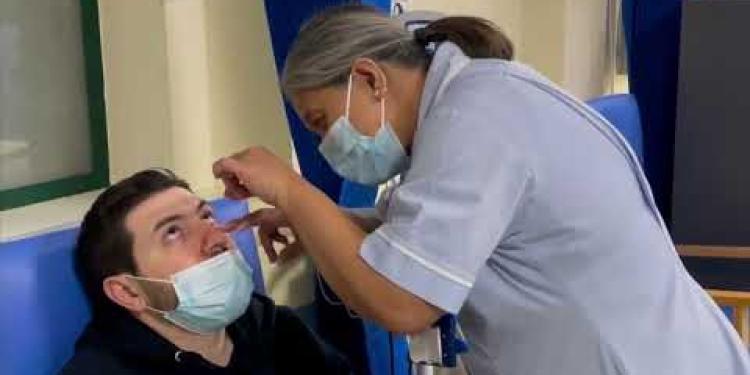
On the day of your cataract surgery
Relevance: 22%
-
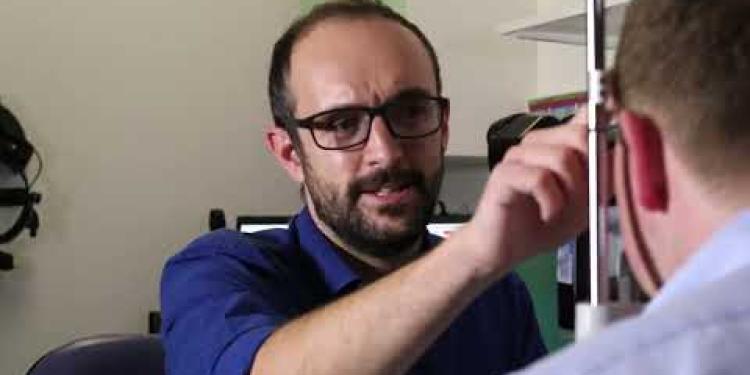
Glaucoma: about the Ophthalmology Team at University Hospitals Birmingham NHS Foundation Trust
Relevance: 19%
-

Cornea transplant patient Information
Relevance: 17%
-
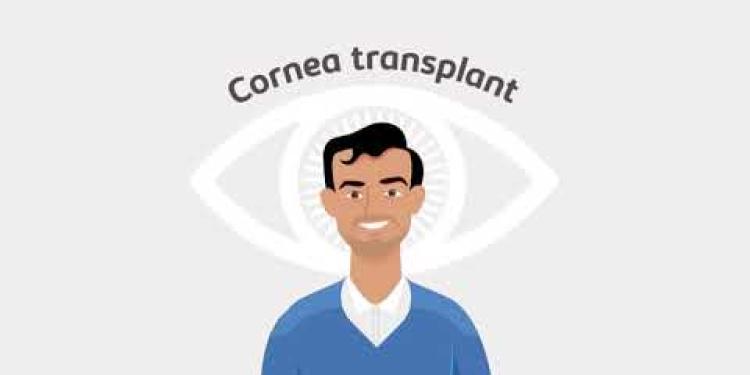
Cornea transplant - Your journey
Relevance: 14%
-

NHS Acute Care Anaphylaxis
Relevance: 14%
-

What are migraines and cluster headaches?
Relevance: 11%
-

Three-year limit for child sexual abuse claims to be removed
Relevance: 11%
-

Hay fever advice | NHS
Relevance: 11%
-

Health Screenings You Should Know About
Relevance: 9%
-
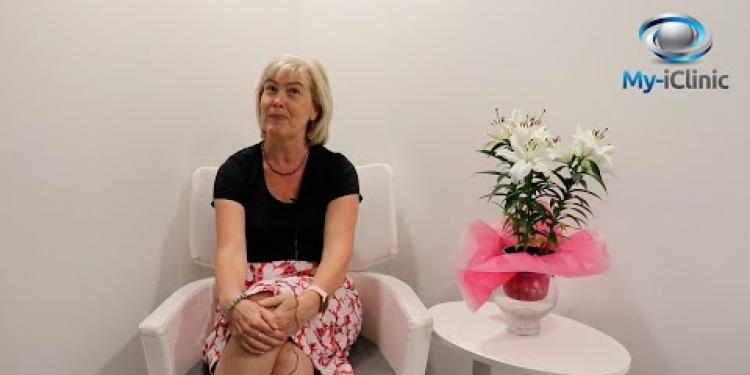
Cataract surgery can resolve life long short-sightedness?!
Relevance: 9%
-
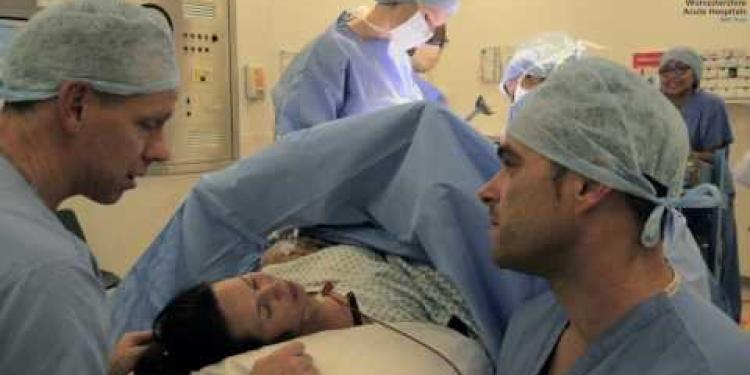
Spinal Anaesthesia for Caesarean Section
Relevance: 9%
-

Patient video: What to expect when having a bone scan
Relevance: 8%
-

Facial exercise programme
Relevance: 8%
-

Flu vaccinations for people with a learning disability
Relevance: 8%
Eye Injections at Royal Bournemouth Hospital
The Royal Bournemouth Hospital offers a range of eye injection treatments for various ocular conditions, ensuring that patients receive the highest standard of care. Being part of the National Health Service (NHS), the hospital provides comprehensive services tailored to the needs of individuals across the United Kingdom.
Overview of Eye Injection Treatments
Eye injections, also known as intravitreal injections, are a common treatment for conditions that affect the retina and other parts of the eye. These injections deliver medication directly to the back of the eye, targeting issues such as age-related macular degeneration (AMD), diabetic retinopathy, and retinal vein occlusion.
Conditions Treated with Eye Injections
Several eye conditions can benefit from intravitreal injections:
- Age-related Macular Degeneration (AMD): A condition that affects the central part of the retina, known as the macula, leading to loss of central vision.
- Diabetic Retinopathy: Damage to the retina caused by complications from diabetes, potentially leading to vision loss if untreated.
- Retinal Vein Occlusion: Blockage of the veins carrying blood away from the retina, which can cause swelling and damage to retinal tissues.
Procedure for Eye Injections
The procedure for eye injections at Royal Bournemouth Hospital is straightforward and conducted with the utmost care:
- Preparation: The eye is numbed with anesthetic drops to minimize discomfort.
- Disinfection: The surface of the eye is thoroughly cleaned to prevent infection.
- Injection: Medication is carefully injected into the vitreous gel of the eye using a fine needle.
- Post-procedure care: Patients may require monitoring and follow-up appointments to assess the effectiveness of the treatment.
Benefits and Risks of Eye Injections
Eye injections can offer significant benefits for patients dealing with retinal conditions. They can slow down disease progression, preserve vision, and in some cases, improve sight. However, as with any medical procedure, there are potential risks. These can include infection, increased eye pressure, and retinal detachment, although such complications are rare.
Why Choose Royal Bournemouth Hospital
Patients in the United Kingdom can trust Royal Bournemouth Hospital for their eye injection treatments due to its commitment to patient-centered care and clinical excellence. The hospital's ophthalmology department is staffed with experienced specialists who use the latest techniques and state-of-the-art equipment to ensure optimal outcomes for patients. Additionally, the hospital's affiliation with the NHS ensures accessibility and high standards of healthcare services.
For more information on eye injection treatments or to schedule an appointment, please visit the Royal Bournemouth Hospital's official website or contact their ophthalmology department directly.
Eye Injections at Royal Bournemouth Hospital
The Royal Bournemouth Hospital gives eye injections to help with different eye problems. They make sure patients get the best care. The hospital is part of the NHS, which helps people all over the United Kingdom get good health services.
Overview of Eye Injection Treatments
Eye injections are a way to treat problems in the eye. These treatments help with the retina, which is part of the eye. Shots are given into the eye to treat issues like age-related macular degeneration (AMD), diabetic retinopathy, and retinal vein occlusion.
Conditions Treated with Eye Injections
Eye injections can help with these problems:
- Age-related Macular Degeneration (AMD): A problem with seeing in the center of your vision area.
- Diabetic Retinopathy: Diabetes can hurt the back of the eye and cause sight issues.
- Retinal Vein Occlusion: When blood vessels in the eye get blocked, which can hurt the eye.
Procedure for Eye Injections
Here is how eye injections are done at the hospital:
- Preparation: They put numbing drops in your eye so it won't hurt as much.
- Disinfection: They clean your eye to stop germs from causing an infection.
- Injection: They use a tiny needle to put medicine into your eye.
- Post-procedure care: They check on you and might ask you to come back to see how well the treatment worked.
Benefits and Risks of Eye Injections
Eye injections can help with eye problems. They can slow down eye damage, keep vision from getting worse, and might even make it better. But, like any treatment, there can be risks like infection, high pressure in the eye, or a tear in the retina, although these are not common.
Why Choose Royal Bournemouth Hospital
People in the UK can trust Royal Bournemouth Hospital for eye injections because they focus on great care. The hospital has skilled eye doctors who use the best tools to help patients. Since the hospital is part of the NHS, care is easy to get and of a high standard.
To learn more or to make an appointment for eye injections, you can visit the Royal Bournemouth Hospital's website or call their eye care department.
Frequently Asked Questions
What are eye injections used for?
Eye injections are often used to treat various retinal conditions such as age-related macular degeneration (AMD), diabetic retinopathy, and retinal vein occlusion.
Are eye injections painful?
Most patients report minimal discomfort during the procedure. Local anaesthetic drops are used to numb the eye before the injection.
How often will I need to get eye injections?
The frequency of eye injections depends on your specific condition and response to treatment. Initially, injections may be required monthly, but the frequency can often be reduced over time.
How long does the procedure take?
The injection procedure itself takes only a few minutes, but you should expect to be at the hospital for about 1 to 2 hours to allow for preparation and post-treatment care.
Will I need someone to accompany me for the procedure?
It is advisable to have someone accompany you as your vision may be blurry post-injection, and it might be safer not to drive immediately after the procedure.
What should I do to prepare for my eye injection appointment?
Follow any specific instructions given by your doctor, such as avoiding blood-thinning medications if instructed. It's also a good idea to arrange for transportation post-procedure.
Are there any side effects of eye injections?
Common side effects include temporary discomfort, redness, or a feeling of having something in your eye. Serious side effects are rare but can include infections or increased eye pressure.
Can I resume normal activities after the injection?
You can usually resume most normal activities within a few hours, but avoid strenuous activities and swimming for a day or two to reduce the risk of infection.
What conditions require eye injections?
Conditions such as Wet Age-Related Macular Degeneration (AMD), Diabetic Retinopathy, Retinal Vein Occlusion, and other forms of macular edema typically require eye injections.
Will my vision improve immediately after the injection?
Improvement in vision may not be immediate; it often takes several injections over months to see significant benefits.
Can eye injections cause long-term damage to my eye?
When administered correctly, eye injections are generally safe and do not cause long-term damage. Potential risks will be thoroughly discussed with you before the procedure.
How should I care for my eye after the injection?
Avoid touching your eye and refrain from swimming or using eye makeup for a few days. You will be given specific aftercare instructions following your injection.
Will I need to follow a specific diet or take medications before the injection?
No specific diet or medications are required before an eye injection unless your doctor advises otherwise.
What is the cost of eye injections at Royal Bournemouth Hospital?
The cost may vary depending on the condition being treated and the type of medication used. It is best to contact the hospital's finance department for detailed information.
Are eye injections covered by the NHS?
Many eye injection treatments for conditions like wet AMD, diabetic retinopathy, and others are typically covered by the NHS. Please consult with your healthcare provider for specific details.
Why do people get eye injections?
Eye injections are tiny needles that help fix problems in the eyes. They can make your vision better or stop it from getting worse.
Sometimes, you need eye injections if:
- Your eyes have extra fluid.
- You have an eye disease like diabetes or macular degeneration.
Doctors give these injections to help you see better. If you have more questions, ask your doctor. They can explain it in ways you understand and might show pictures to help.
Eye injections are a way to help fix and take care of eye problems. They are often used for things like age-related macular degeneration (AMD), diabetic eye problems, and blocked blood vessels in the eye.
Tools that might help you understand more: - Use a magnifying glass to see better. - Try audiobooks or podcasts to listen instead of read.
Do eye injections hurt?
Getting an injection in your eye sounds scary, but it does not hurt a lot. Doctors give you medicine to numb your eye so you feel less pain.
If you feel worried, you can bring a toy or listen to music. Deep breathing can also help you feel calm. You can ask your doctor to talk to you about what will happen.
Most people say they don't feel much pain during this treatment. Doctors use special drops to make the eye numb before they use the needle.
How many times will I need eye injections?
Your doctor will tell you how many times you need eye injections.
Some people need them every month. Others need them less often.
Your doctor can help decide what's best for you.
If you find it hard to remember, you can:
- Use a calendar.
- Set reminders on your phone.
- Ask a friend or family member to help you remember.
How often you need eye injections depends on your condition and how you respond to treatment. At first, you might need an injection every month. Later, you might need them less often.
How long does it take?
The injection only takes a few minutes, but you will need to stay at the hospital for 1 to 2 hours. This is to get ready for the treatment and to make sure you are okay afterwards.
Do I need to bring someone with me for the procedure?
Ask someone to come with you. Your eyes might be blurry after the injection, so it is safer not to drive.
How can I get ready for my eye injection appointment?
Here are some simple steps to help you:
- Bring a friend or family member to help you feel calm.
- Tell the doctor if you feel worried or scared.
- Ask the doctor any questions you have before the injection.
- Wear comfortable clothes.
- Bring your glasses if you use them.
Some helpful tools and techniques:
- Use a notebook to write down any questions you want to ask the doctor.
- Listen to calming music before your appointment.
- Take deep breaths if you feel nervous.
Listen to your doctor and do what they say. If they tell you to stop taking some medicines, like those that thin your blood, make sure you do it. Plan ahead and get someone to take you home after your treatment.
Do eye injections cause any problems?
Eye injections can sometimes cause issues. Here are some things to look out for:
- Your eye might feel a bit sore.
- You might see little dots or floaters in your vision.
- Your eye could turn red or get swollen.
- It's important to tell a doctor if something feels wrong with your eye.
If you have trouble reading, ask someone to help you. Using a magnifying glass can make words bigger. You can also ask someone to explain things to you.
Some people might feel a bit uncomfortable or have a little redness. It might feel like something is in your eye. Serious problems are rare. They could include infections or high pressure in the eye.
Can I get back to normal activities after the injection?
After you get the injection, you might feel a little sore or tired. Most people can go back to doing what they usually do. Things like walking, watching TV, or playing are usually okay.
But try not to do anything heavy or too active for the rest of the day. For example, don't lift heavy things or play rough sports.
If you don't feel well or if something doesn't seem right, tell a grown-up or a doctor.
If you have trouble reading, ask someone to read this for you, or try using an app that reads it aloud.
You can get back to doing most things after a few hours. But don't do hard exercise or go swimming for 1 or 2 days. This helps stop you from getting an infection.
When do you need a needle in the eye?
Some eye problems need special medicine shots in the eye. These problems include:
- Wet Age-Related Macular Degeneration (AMD)
- Diabetic Retinopathy
- Retinal Vein Occlusion
- Macular Edema
If you find reading hard, try using audiobooks. They can help you understand the information better.
Will I see better right after the injection?
Vision might not get better right away. You might need a few injections over a couple of months before seeing a big improvement.
Can eye injections hurt my eye for a long time?
If you are worried about eye injections, it can help to talk to a doctor. They can tell you what to expect. You can also ask someone you trust to come with you to appointments. Using pictures or videos about the topic might be helpful too.
When done the right way, getting an eye injection is usually safe. It does not hurt your eyes for a long time. Before you get the injection, a doctor will talk to you about any risks or things that might go wrong.
How should I take care of my eye after the injection?
Here is how you can look after your eye:
- Rest your eye after the injection.
- Do not touch or rub your eye.
- If your eye feels sore, use a clean tissue to gently dab it.
- Use eye drops if the doctor gave them to you.
- If your eye hurts a lot or gets red, tell an adult or call the doctor.
Ask someone to help you if needed. Remember, it is okay to ask questions if you are unsure about something. You can also use a voice recorder to remind yourself of these steps.
Don't touch your eye. Don't go swimming or wear eye makeup for a few days. You will get special care instructions after your injection.
Do I need to eat special foods or take medicine before the injection?
You don't need to eat special foods or take medicine before getting an eye shot. But if your doctor tells you something different, listen to them.
How much do eye injections cost at Royal Bournemouth Hospital?
If you want to know the price of eye injections at Royal Bournemouth Hospital, here is what you can do:
- Call the hospital to ask about the price.
- Check their website for information.
- Ask your doctor or nurse for help.
These steps can help you find out the cost easily.
The price can be different, depending on what you are getting help for and what medicine is used. It is a good idea to call the hospital's money office to find out more.
Does the NHS pay for eye injections?
The NHS might pay for eye injections if you need them for your health. Talk to your doctor to find out more.
Here are some tips that might help when you read:
- Ask someone to read with you.
- Look up any words you don't know.
- Use a dictionary to understand new words.
- Take your time and read slowly.
Most eye treatments that need injections, like for wet AMD and diabetes eye problems, are usually paid for by the NHS. Please talk to your doctor for more information.
Useful Links
Have you found an error, or do you have a link or some information you would like to share? Please let us know using the form below.
- Ergsy carfully checks the information in the videos we provide here.
- Videos shown by Youtube after a video has completed, have NOT been reviewed by ERGSY.
- To view, click the arrow in centre of video.
- Most of the videos you find here will have subtitles and/or closed captions available.
- You may need to turn these on, and choose your preferred language.
- Go to the video you'd like to watch.
- If closed captions (CC) are available, settings will be visible on the bottom right of the video player.
- To turn on Captions, click settings .
- To turn off Captions, click settings again.